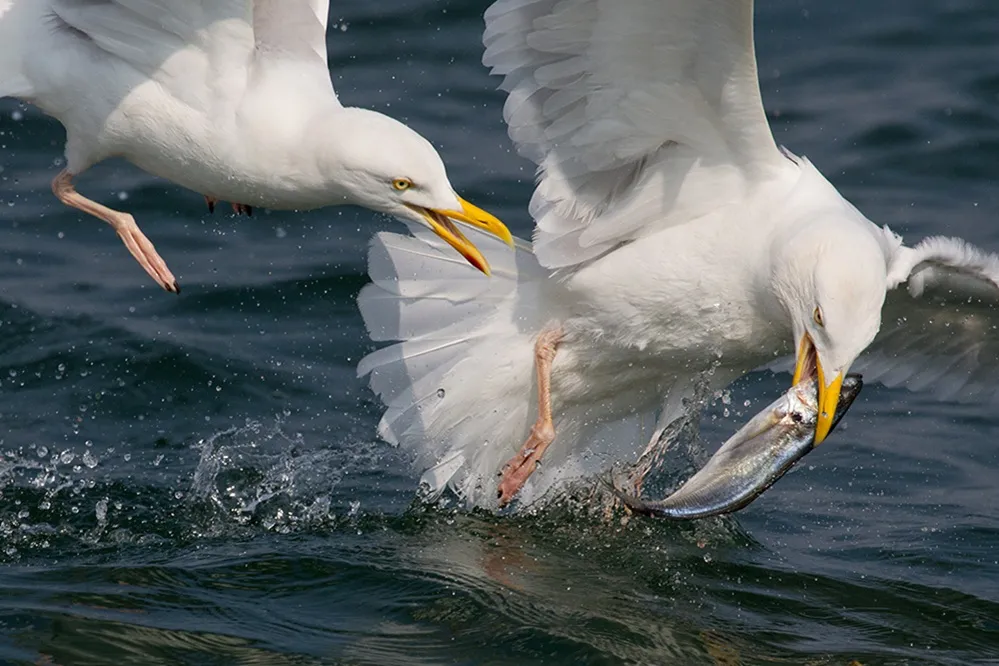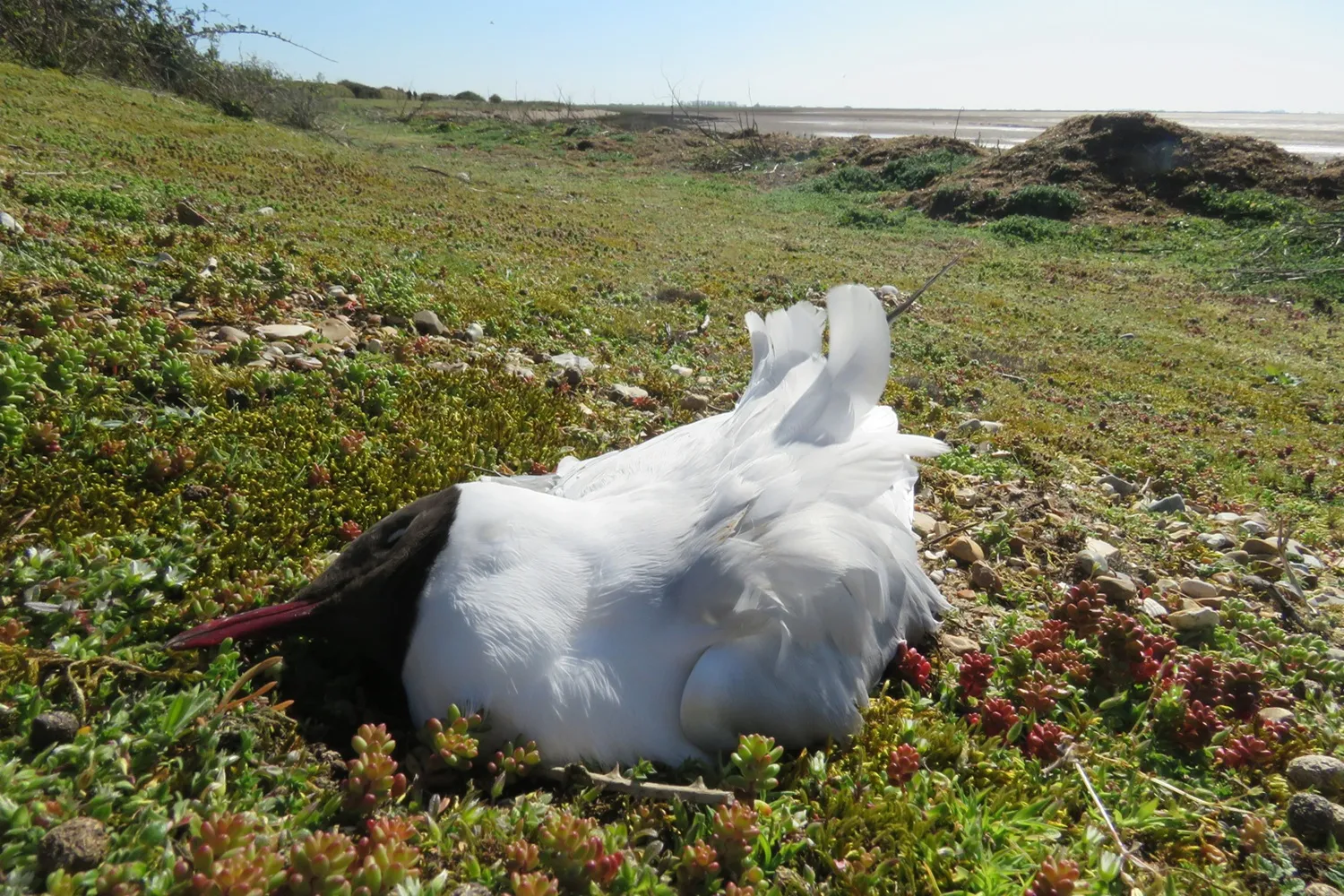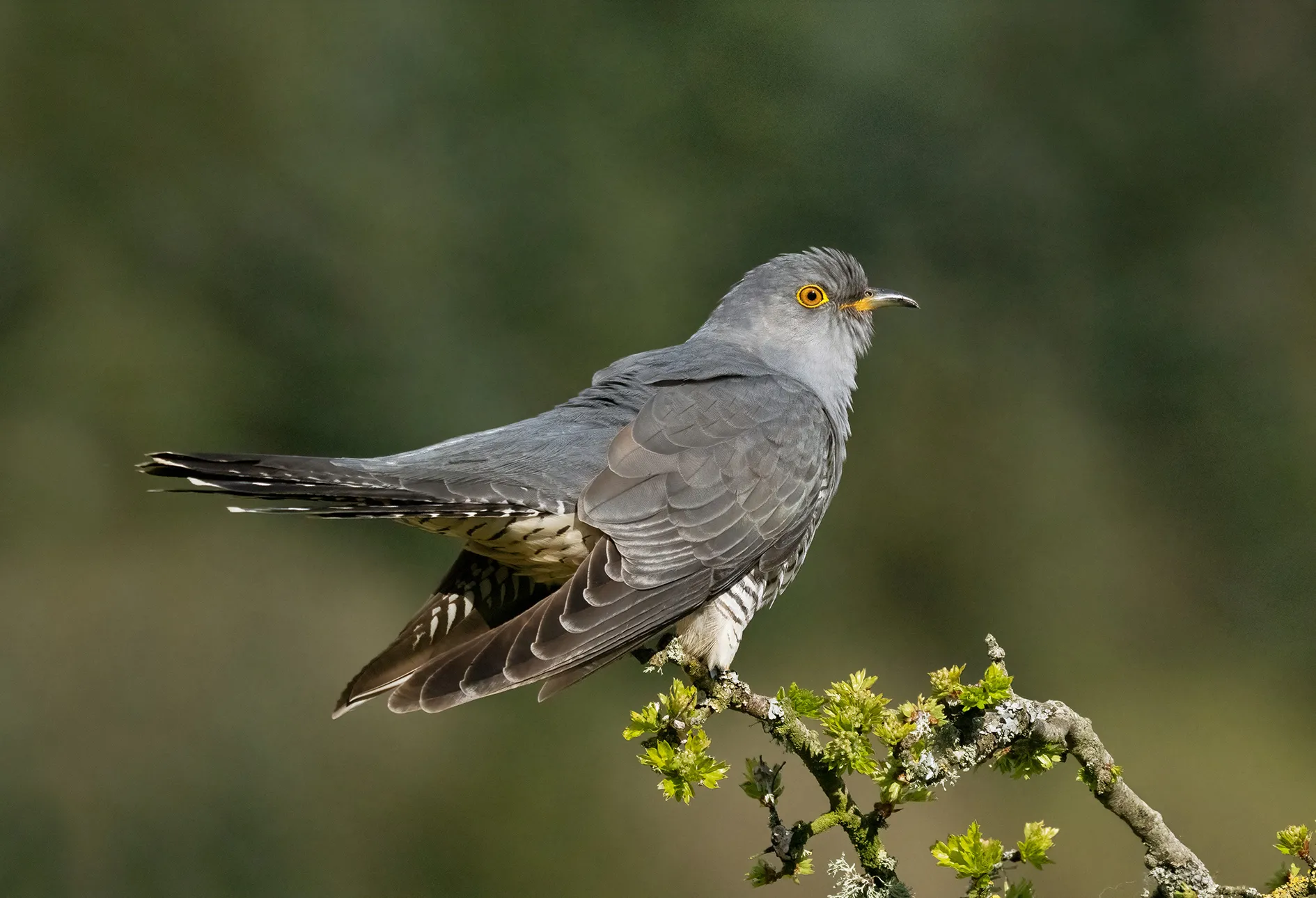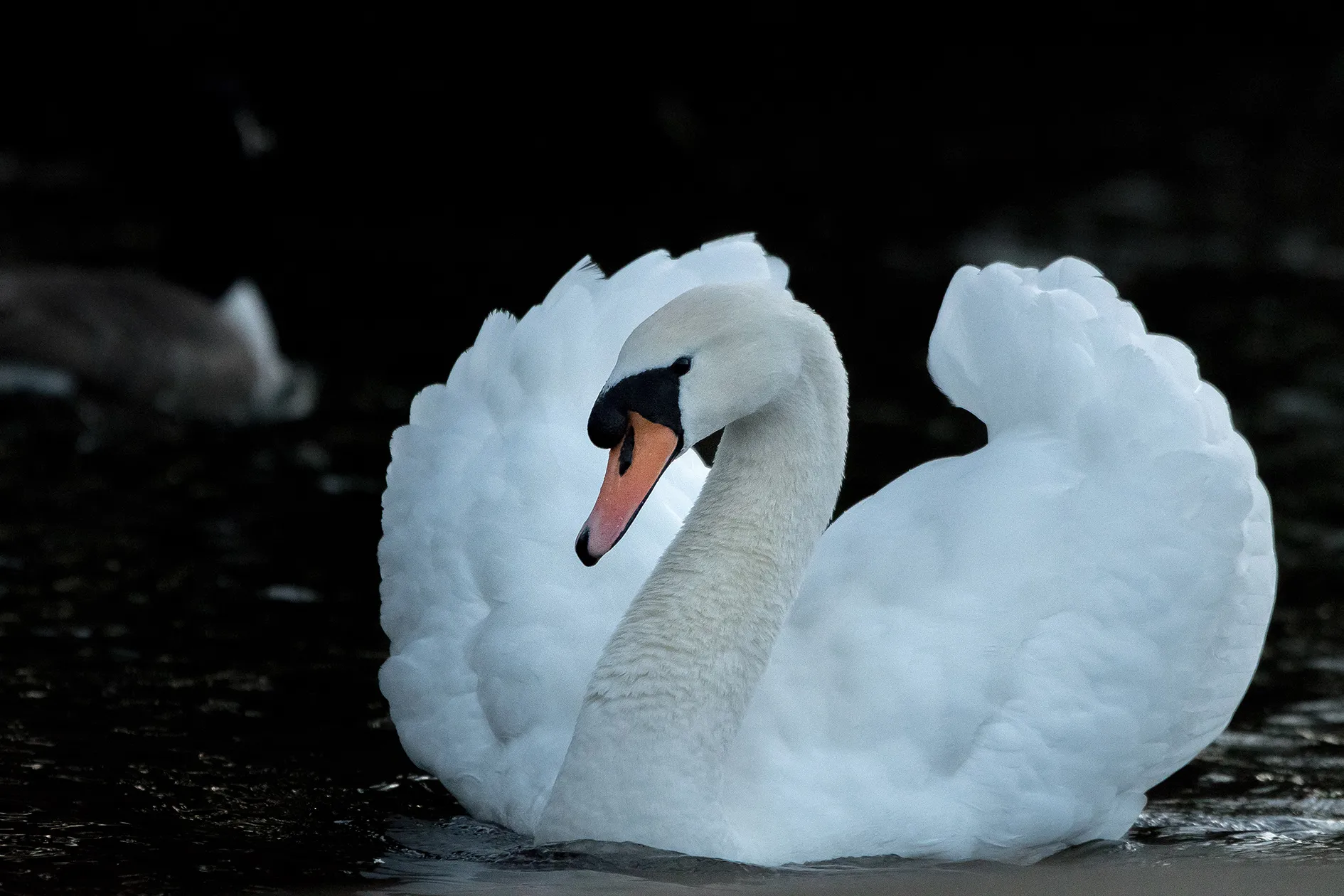Gastro gulls face slim pickings
Gulls’ feeding habits can prove controversial, as they continue to adapt to human environments. Scientists from the British Trust for Ornithology (BTO) have been tracking gulls in Scotland, to ...
24-07-2025

BTO scientists call for urgent investment in long-term monitoring and improved approaches to disease response, as avian influenza ...
A devastating wave of high pathogenicity avian influenza (HPAI / bird flu) has triggered an unprecedented global wildlife emergency, decimating seabird and waterbird colonies across the UK and beyond ...
26-06-2025

Cuckoos clock up the miles on migration
Satellite technology is helping scientists from the British Trust for Ornithology (BTO) to better understand the pressures that the UK’s breeding Cuckoos face as they make annual migrations of 16,000 ...
16-06-2025

The silence of the swans: new report highlights concern for much-loved birds
A new report published today by the British Trust for Ornithology (BTO), in partnership with RSPB and JNCC, reveals impacts of Avian Influenza on Mute Swans across the UK.The Wetland Bird Survey (WeBS ...
22-05-2025

Major new report reveals changing fortunes for Northern Ireland’s breeding birds
Meanwhile, as is the case in all parts of the UK, Swallow numbers are down in Northern Ireland. But Raven, for so long persecuted across the UK, are now on the up, with a 43% increase in Northern ...
15-05-2025
